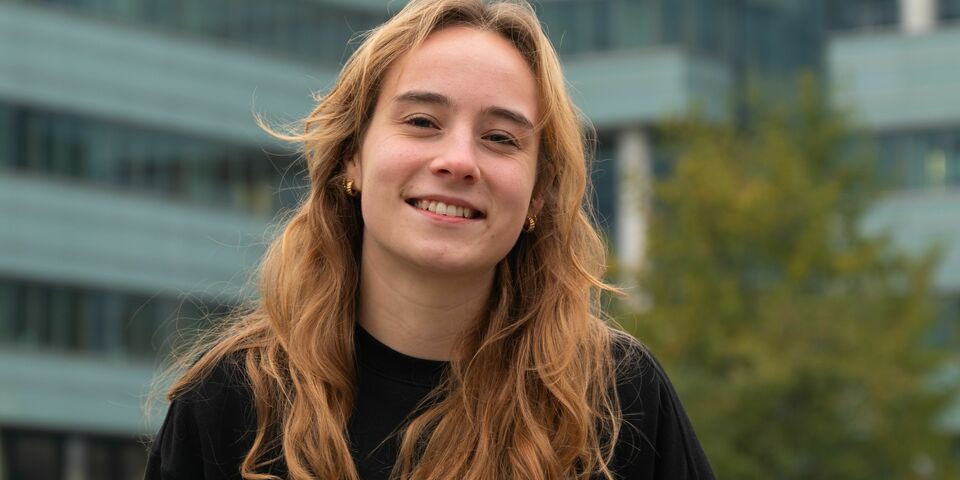Let’s talk about money
Student well-being is a widely discussed topic nowadays, including at our university. An extensive support network is available for those who need help, whether you’re worried about your studies, social life, social safety, or overall well-being. One area that remains somewhat overlooked, however, is financial well-being.
A 2020 study showed that 59% of young adults sometimes worry about having enough money to cover all their expenses. Especially now, with all the recent financial changes impacting everyone’s budget, this topic deserves extra attention. So, let’s talk about money.
A lot has changed in the financial situation of students since I started university. When I began my studies, I had no idea about all the expenses that would come with them. I could borrow money interest-free, pay relatively low rent, and still have a well-stocked savings account from working over the summer. My financial stress was, therefore, low. Nowadays, I, too, sometimes worry about having enough money to cover everything and still maintain my social relationships.
The first serious financial setback came with the explosive rise in energy costs in 2021, followed by high inflation. This affected not only me but many of my fellow students, who saw their rent increase as a result. While people with low incomes could apply for an energy allowance, students were initially excluded from this – even though we often live in poorly insulated, older buildings. After considerable pressure from various student interest organizations, we were eventually allowed to apply for the energy allowance, though it was significantly lower for students. In addition to rising rents, prices in stores also went up. In short, maintaining the same lifestyle started costing more money every month. As a result, I, too, felt stressed. Should I borrow more, work more, or live even more frugally?
Shortly afterward came the first interest rate hike, and suddenly students had to pay interest on their entire loan – even though we were once promised we could borrow interest-free. As a small silver lining, the basic grant was reintroduced. However, this was a minimal relief for students like me, who only qualified for this grant for one year. Some students, myself included, temporarily stopped taking out loans to benefit a little longer from this grant. As a result, I began working more to make ends meet. Although I learned a lot from working, I had to sacrifice time that I could have spent on my studies and with friends. Had I known that the study grant would decrease from €440 to €300 for students living away from home the following year, I would not have made that choice. Stopping my loan not only caused extra financial stress but also added stress to my studies.
At the moment, I am involved in the university council during a period of significant changes, including in the finances of both students and the university. In an environment surrounded by fellow students from our university as well as others, I notice not only financial stress among students but also a growing sense of frustration. It feels as though we, as students, are continuously losing out, while others are moving forward. For instance, purchasing power in the rest of the Netherlands has increased, but for students, it has dropped by 7%. And as if that wasn’t enough, a long-term study penalty is set to be introduced soon as well. With a meager basic grant, an unexpected interest rate of 2.56%, and an additional penalty of €3,000, I truly understand why we are called the “unlucky generation.”
Looking at everything laid out like this, I understand why I – and many of my fellow students – occasionally feel stressed about money. It’s important to keep talking about this and to maintain control over your financial situation. So, let’s talk about money.
Together with Groep-één and SG, we are organizing a lecture titled Let’s Talk About Money on November 20 at 12:40. The goal is to make money a more open topic and to improve students’ financial well-being. The lecture will be followed by a workshop from Skere Student on visualizing your financial situation, allowing you to see where you can save.
Hilde Lucassen is a master's student Sustainable Energy Technology and a member of the University Council. She writes this column in a personal capacity.


Discussion